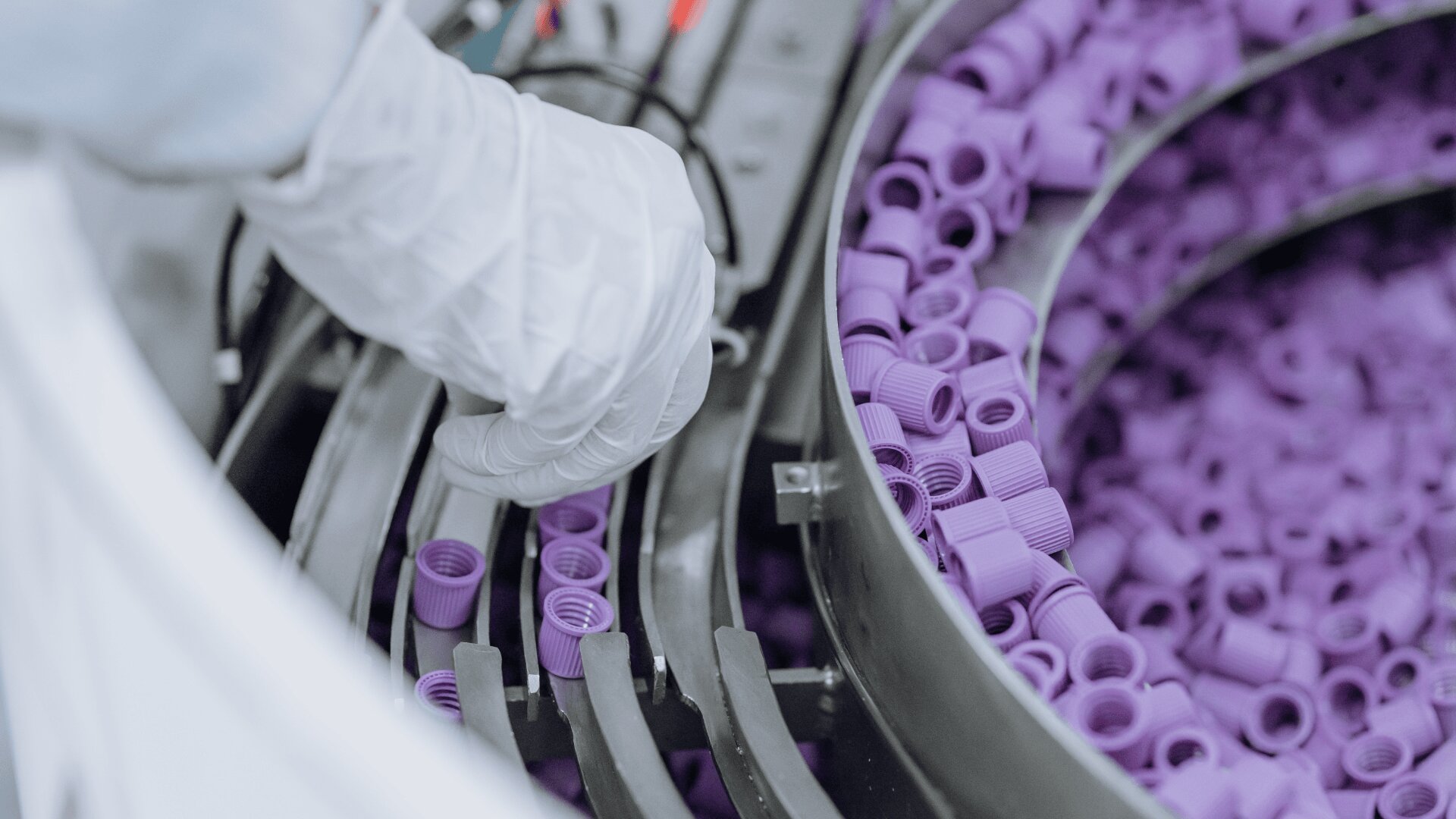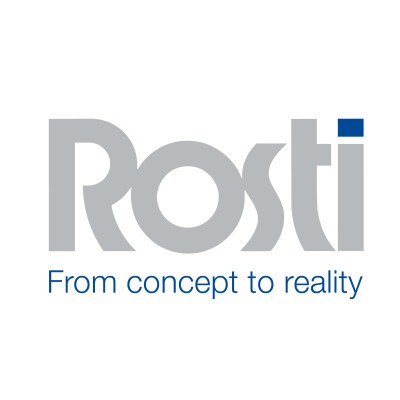How do Rosti support customers with material selection in the medical solutions sector?
Rosti has a deep knowledge and experience in using medical-grade materials that comply with stringent regulatory standards, including ISO 13485 for medical devices.
Over many our team have developed an unrivalled understanding of the properties and applications of various plastics such as PEEK, polycarbonate, and medical-grade polypropylene, which are commonly used in medical devices.
Collaborative Design Process
Rosti collaborates closely with our medical customers during the product development phase. This includes advising on material selection that balances performance, cost, manufacturability, and compliance. Our design for manufacturability (DFM) services help in optimising the product design to make it more efficient for injection moulding.
Innovation Centres play vital role in Material Selection
Rosti’s Innovation Centers focus on research and development (R&D) activities that include the study and testing of various materials to understand their properties, capabilities, and limitations. This research helps in identifying the most suitable materials for specific medical applications, considering factors like biocompatibility, strength, flexibility, and durability.
One of the key advantages of the Innovation Centres is key capability to rapidly prototype new products using different materials. This rapid prototyping enables practical, hands-on testing of materials in real-world applications, allowing for adjustments and optimisations before finalising the material selection for production. This process and capability is continuously recognised as a key strength of our partnership with our global customers, thanks to 3 different R&D centres in the region, Rosti could bring not only fast delivery but also unity of prototyping services;
In addition to performance and compliance, Innovation Centres also consider environmental impact in the material selection process. It is one very clear trend that, for global medical customers, especially for those with consumables spending, sustainability is a “must have” service that Rosti can co-develop from resin point of view.
Ensuring Material Compliance and Safety
Rosti uses materials that have been certified as safe and appropriate for medical use. Most of the time, Medical customers have existing resin suppliers or at least preference during development stage for compliance reasons. Still Rosti plays a key supportive role to build up the bridge between customers and resin supplier to double check not about technical feasibility, but also for safety/regulation consultancy;
Rosti carefully selects and audits our material suppliers to ensure they meet high standards required for medical products. Supplier audits and ongoing performance evaluations ensure that only high-quality and compliant materials are used in the manufacturing process based on customer target market entry regulatory requirements.
We collaborate with regulatory experts and consultants who specialise in medical device regulations across different markets. This ensures that the materials and the final products are compliant with all relevant international regulations, such as FDA regulations in the U.S., the European Medical Device Regulation (MDR), and others.
Shifting to Sustainable Materials
Different markets such as US, Europe and Asia don’t have exactly the same understanding or definition for medical materials. From our point of view, based on what we see from consumer market trends, there are inevitable trends that are emerging in the medical devices and consumables market.
The medical sector is expected to increase its use of biodegradable polymers for applications such as sutures, implants, and drug delivery systems, where temporary use of the material aligns with the lifecycle of the product. Bio-based polymers derived from renewable resources might also see increased use, reducing dependency on fossil fuels.
There will be a growing emphasis on developing recycling schemes for medical plastics, particularly for non-infectious waste. The industry might see innovations aimed at making medical products more amenable to recycling, or efforts to safely sterilize and reuse certain materials.
Companies will increasingly demand transparency in their supply chains, not just to ensure material quality and compliance but also to verify the sustainability of the materials used. Life Cycle Assessments (LCA) will become more common to evaluate the environmental impact of materials throughout their lifecycle.


